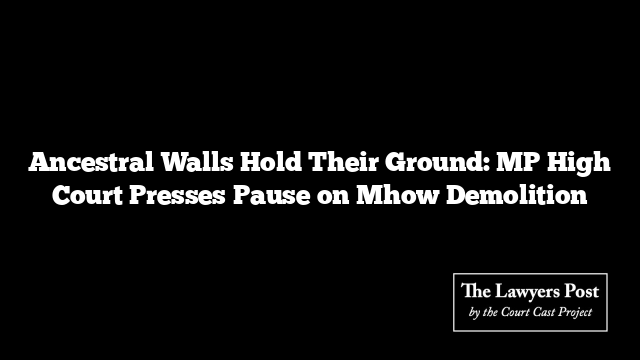The Delhi High Court has delivered a sharp reminder: the grace of an adjournment or a brief pass-over is a privilege extended by the Bench—never an entitlement wielded to stall the other side.
The case before the Court revolved around a long-running 2006 dispute, where the plaintiff’s opportunity to continue cross-examining a defence witness was shut down after costs from an earlier date remained unpaid. When the petitioner tried to argue that only a pass-over until 2:30 pm had been requested—not a full adjournment—the Bench was unimpressed.
What unfolded was a tangle of shifting explanations: first illness, then a sudden family emergency, and a conspicuous absence of supporting documents. The Court did not mince words, calling out the misleading statements presented at both the trial and High Court levels.
The Bench noted a pattern—date after date, the petitioner’s side showed up with fresh reasons to delay. Somewhere along the way, it appeared, counsel had begun treating pass-overs as a personal guarantee rather than a discretionary courtesy.
The Court made its stance crystal clear: courtroom calendars are not meant to be bent endlessly around one party’s convenience. Counsel must manage their time so the opposing side is not turned into collateral damage.
Since the earlier cost of ₹5,000 remained unpaid and no waiver was requested, the High Court found no fault in the trial court’s decision to halt further cross-examination. The persistent delays, it observed, were no accident—they were a tactic.
The petition was ultimately dismissed, this time with an added cost of ₹10,000, to be paid within two weeks.





